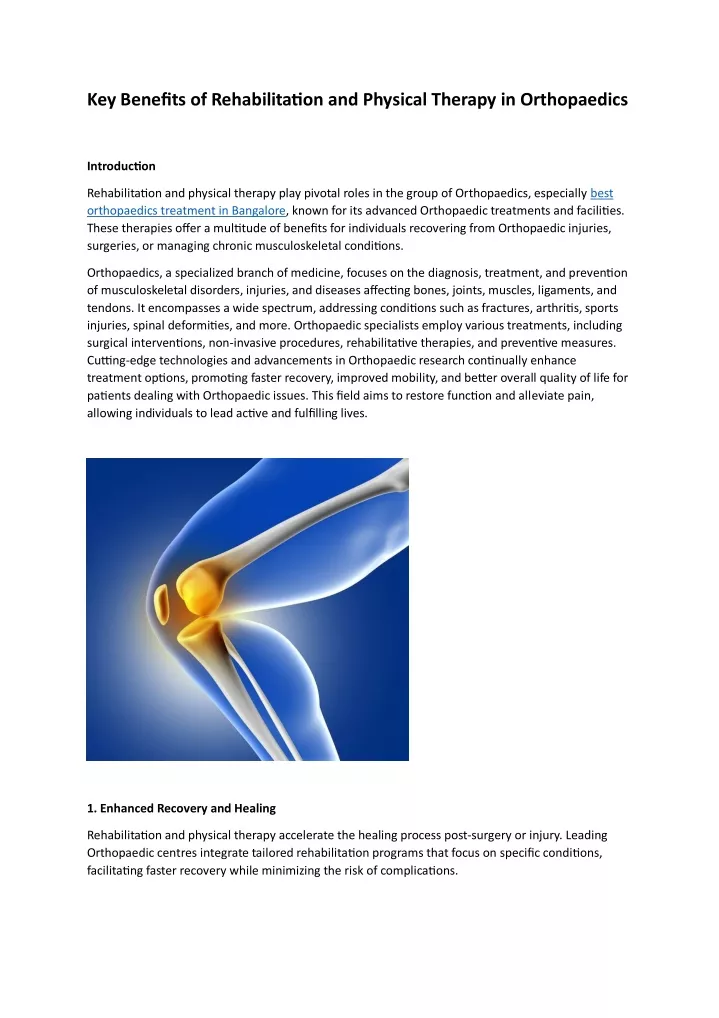Excitement About Narconon Africa
Excitement About Narconon Africa
Blog Article
The Of Narconon Africa
Table of ContentsThe Narconon Africa IdeasThe Basic Principles Of Narconon Africa The Ultimate Guide To Narconon AfricaNarconon Africa Things To Know Before You Get ThisNarconon Africa Can Be Fun For AnyoneSome Known Facts About Narconon Africa.Narconon Africa Things To Know Before You Get This
In a series of documents with Manudeep Bhuller and Katrine V. Lken, we overcome these information challenges and the nonrandomness of jail time, offering brand-new insights into exactly how imprisonment influences relapse, employment, kids, and criminal networks - Nonmedical detox. Figure 1 Our work researches the effects of imprisonment in Norway, a setup with 2 vital advantagesWe can further link this info to various other member of the family, consisting of youngsters and siblings. In addition, we have details on co-offending that enables us to map out criminal networks for observed criminal offenses. Second, we can take advantage of the random job of criminal situations to judges who differ in their propensities to send out accuseds to prison.
Some judges send defendants to jail at a high rate, while others are more tolerant. We measure a judge's stringency as the typical incarceration rate for all various other situations a court deals with, after regulating for court and year set impacts, which is the level of random job. This quasi-random job of court stringency can be made use of as an instrument for incarceration, as it strongly predicts the court's choice in the current situation, however is uncorrelated with other situation attributes both by layout and empirically.
The Of Narconon Africa
Features of prisoners, including demographics and criminal activity groups, are generally comparable in Norway and various other nations, consisting of the United States, with the exemptions that the United States murder rate is much higher, and race plays a bigger function there. What attracts attention as various, particularly compared to the USA, is the jail system.
Number 2In Norway, the typical time spent behind bars is a little over 6 months, which resembles most various other Western European countries. This contrasts with ordinary United States jail time of almost 3 years, which remains in huge part the factor the USA is an outlier in its imprisonment rate contrasted with the remainder of the world [Figure 1]
The smart Trick of Narconon Africa That Nobody is Discussing
This offers far more separation between minor and hardened crooks than exists in the United States. There is no congestion in Norwegian jails and far better individual safety and security, with each prisoner being designated to their own cell and a higher inmate-to-staff ratio than in the United States (https://scrics-hydraiols-vueny.yolasite.com). Prisons in Norway additionally offer well-funded education, medicine treatment, mental health, and task training programs
Our research study on the results of imprisonment on the offender, using the arbitrary job of courts as a tool, returns three key searchings for. Jail time inhibits even more criminal actions. We find that imprisonment decreases the likelihood that an individual will certainly reoffend within 5 years by 27 percent points and reduces the equivalent number of criminal charges per individual by 10 charges.
See This Report on Narconon Africa
We find sizable reductions in reoffending probabilities and cumulative charged criminal activities even after defendants are released from prison. Our 2nd result is that predisposition as a result of option on unobservable individual qualities, if ignored, brings about the wrong final thought that time invested behind bars is criminogenic. If we just contrast criminal offenders sent to jail versus those not imprisoned, we discover favorable associations in between imprisonment and subsequent criminal offense.
This stands in contrast to our analysis based upon the go to the website arbitrary job of courts, which finds an opposite-signed result. Third, the reduction in criminal offense is driven by individuals that were not working before incarceration. Among these people, jail time boosts involvement in programs routed at boosting employability and minimizing regression, and this inevitably elevates employment and earnings while inhibiting criminal habits.

Imprisonment causes a 34 percentage point boost in engagement in job training programs for the formerly nonemployed, and within 5 years their employment rate boosts by 40 percentage factors. At the very same time, the likelihood of reoffending within 5 years is cut by 46 percentage points, and there is a decrease of 22 in the average number of criminal costs.
Unknown Facts About Narconon Africa

A probable description for the distinction is that Norway's prison system varies considerably, both in terms of prison-term size and jail conditions, from the US jail system. While understanding the impacts of imprisonment on the wrongdoer is an essential initial step, capturing spillover effects is likewise essential for examining criminal justice plan and creating reliable prison systems.
The Best Guide To Narconon Africa

Normal least squares approximates disclose that youngsters of incarcerated daddies are 1 percent point more probable to be billed with a crime, about a mean of 13 percent, and show no effect on institution qualities. Using our court stringency instrument, we find no statistical evidence that a daddy's imprisonment impacts a kid's very own criminal offense or institution grades, but we are unable to eliminate modest-sized impacts.
Examine This Report on Narconon Africa
We define criminal groups based on network links to prior criminal situations. Our analysis yields 3 primary searchings for. First, when a criminal network participant is incarcerated, their peers' likelihood of being billed with a future crime lowers by 51 percent factors over the next four years. Likewise, having an older bro put behind bars decreases the chance his younger brother will be charged with a criminal offense by 32 portion factors over the following four years.
Report this page